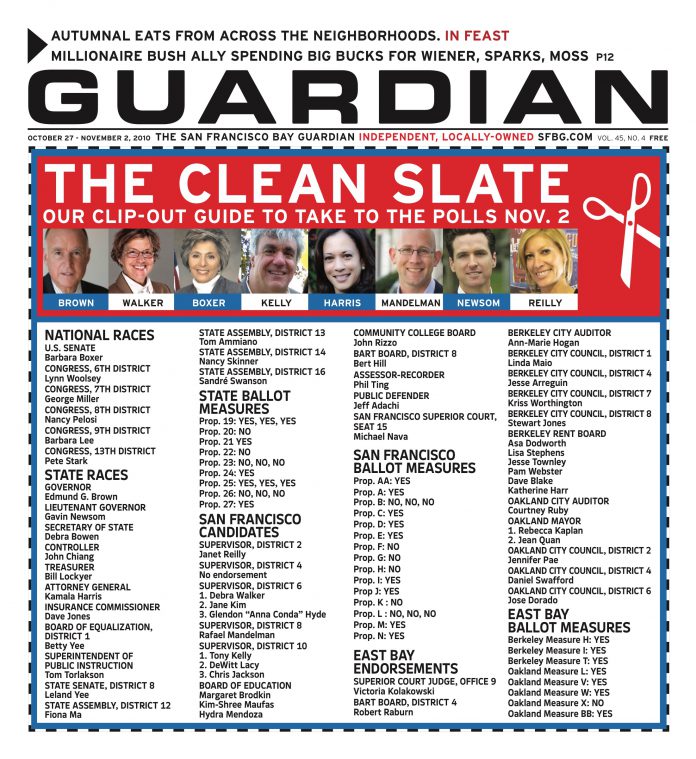It was clear at several times during the Oct. 19 Senate committee hearing that Pacific Gas & Electric Co. had done a poor job of communicating with those affected by the pipeline explosion that brought catastrophe to San Bruno, a practice that is in keeping with its longstanding pattern of secrecy.
Kathy DeRenzi, a survivor who testified at the hearing, noted that she had written several letters to PG&E since the event, addressed to Vice President of Gas Operations Kirk Johnson. “I haven’t heard back from anyone,” she said. DeRenzi also noted that she has been in close contact with many affected residents since the blaze, and very few had received notification that the hearing would be held. “There would’ve been a lot more people here” had they known, she said.
San Bruno Mayor Jim Ruane also complained of the utility’s lack of communication. In the weeks following the blaze, he said, the company started a repurchasing program for residents whose homes had been damaged — but never mentioned it to city officials. “The city was never informed,” Ruane said. “It’s kind of a mixed message when we find out from the media about this program.”
Weeks earlier, the company continued to hide crucial information about its top 100 priority repairs until intense public pressure forced it to release the list. A recent article in the San Francisco Chronicle noted that two key PG&E employees who were on duty the night of the explosion declined to be interviewed by federal investigators about the pressure spike in the gas pipeline, saying they were “too traumatized” to talk.
PG&E also ignores the inquiries of certain media outlets. When a Guardian reporter attempted to approach Johnson to ask a question, media relations representative Joe Molica stood in the way and insisted that Johnson didn’t have time to talk. Asked for contact information so that an interview could be set up later, Molica appeared to search for a business card but came up empty-handed.
He then refused outright to provide his phone number or e-mail address. Asked why a media relations representative could not share his e-mail address with a reporter, Molica scoffed. “Because it will end up on some blog,” he snapped.

